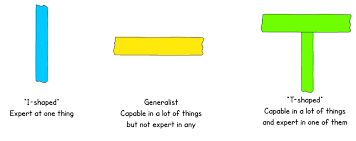Six Views on New Covenant Fulfillment
Comment: I'm #6
- The New Covenant will be fulfilled in the future with national Israel; the church has no relationship to the New Covenant (some classical dispensationalists)
- There are two New Covenants—one with Israel and another for the church (some traditional dispensationalists including John Walvoord)
- The New Covenant is completely fulfilled with the church; there is no future fulfillment with national Israel (Covenant Theology and some non-dispensational systems)
- The New Covenant will be fulfilled with Israel but the spiritual blessings of the covenant are applied to the church today (some traditional and revised dispensationalists)
- The New Covenant will be fulfilled with Israel but the church is an added referent to the New Covenant promises so there is a sense in which the New Covenant is being fulfilled with the church. The New Covenant has two referents—Israel and the church (some revised dispensationalists; Paul Feinberg)
- Since the New Covenant was given to Israel for the purpose of also blessing Gentiles there is literal fulfillment of the spiritual blessings of the New Covenant to all believing Jews and Gentiles in this present age, while the physical/national promises await fulfillment with Jesus’ second coming when national Israel is incorporated into the New Covenant (some revised and most progressive dispensationalists)
One of the biggest mistakes I see is assuming that since the New Covenant was made with Israel, it can only be fulfilled with Israel. The Abrahamic, Davidic, and New covenants were given to Israel for the purpose of also blessing Gentiles.— Mike Vlach (@mikevlach) December 24, 2019
#4 does not see New Covenant "application" to the church as being a real "fulfillment." #6 sees real "fulfillment" with the church since the New Cov was intended to bless Gentiles and that is what is happening.— Mike Vlach (@mikevlach) December 27, 2019
So:
#4--no fulfillment
#6--real fulfillment
Paul Henebury on: Part 1, Part 2In 2 Corinthians 3:6 Paul says Christians are "servants of a new covenant." This has to be more than just proclaiming that Israel one day will fulfill the New Covenant. We are proclaiming a covenant that impacts people today (and Israel as a whole in the future -Rom 11:26-27)— Mike Vlach (@mikevlach) December 27, 2019
































































